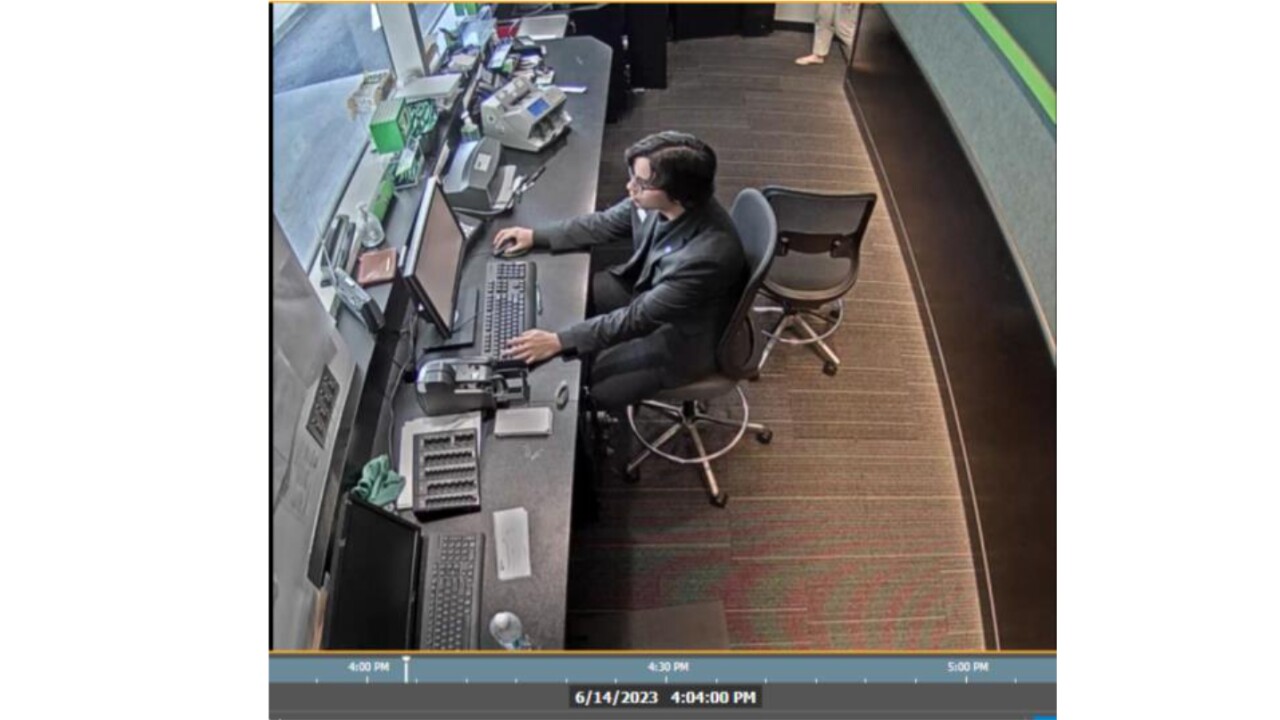The acquirer OLB Group is positioning itself as a data steward for a future in which merchants will have predictive data to inform decisions on financing.
OLB is migrating its 8,500 clients to a merchant system called Omnisoft, which is hosted on Microsoft Azure, to remove the need for merchants to install or maintain applications in the store. But there is another goal beyond simply tying digital payments to merchant services.
An additional product, launched Tuesday, allows merchants to request a cash advance to be deposited to a bank account the next day, with Omnisoft's internal underwriting and artificial intelligent rules determining creditworthiness. OLB will also approach ISOs and merchant banks as resellers.
"Everything is set up as part of an ecosystem at the store, from signing up customers to how they are greeted in stores to how merchants connect a sell to other pieces of the business," said Ronny Yakov, OLB's chief executive. "So we also know their financial status, expectations of how much revenue they will have down the road and we'll know their credit risk if they are asking later to borrow money or extend a certain product or service."
Omnisoft is responding to what it sees as a trend away from on-site deployment for merchants' payment, inventory, marketing and other technology needs. Instead, it aims to place accounting, shipping, marketing, customer curation, social media and processing into a cloud that can accumulate intel on a store's operation and add or subtract new technology at will. It has integrated with programs that perform different tasks and delivers the services through an API, charging merchants based on technology usage.
It aces as a portal to all of these services in a single mobile or tablet screen, kind of like a menu instead of a model in which a retailer's digital needs don't start with payment processing as a flagship service to sell other products.
Omnisoft is in a very crowded market where companies take different approaches to accomplish what they all say is a similar goal. Acquirers have determined that that payment acceptance is commoditized, and making transactions work faster is no longer enough to entice merchants.
Using data to enable credit decisioning for small businesses that are underserved by banks is one way in which acquirers are sweetening their appeal.
Major traditional acquirers such as
The moves suggest hardware-based merchant acquiring has faded as a business strategy.
"Integrated, cloud-based solutions bring down the costs of hardware, software and in-store infrastructure while still providing robust services," said Rick Oglesby, president of AZ Payments Group. "Merchant acquirers and ISOs are developing the expertise to distribute these solutions and are starting to gain momentum. Independent software vendors are offering these solutions directly to their target markets. It’s now too big to ignore."





